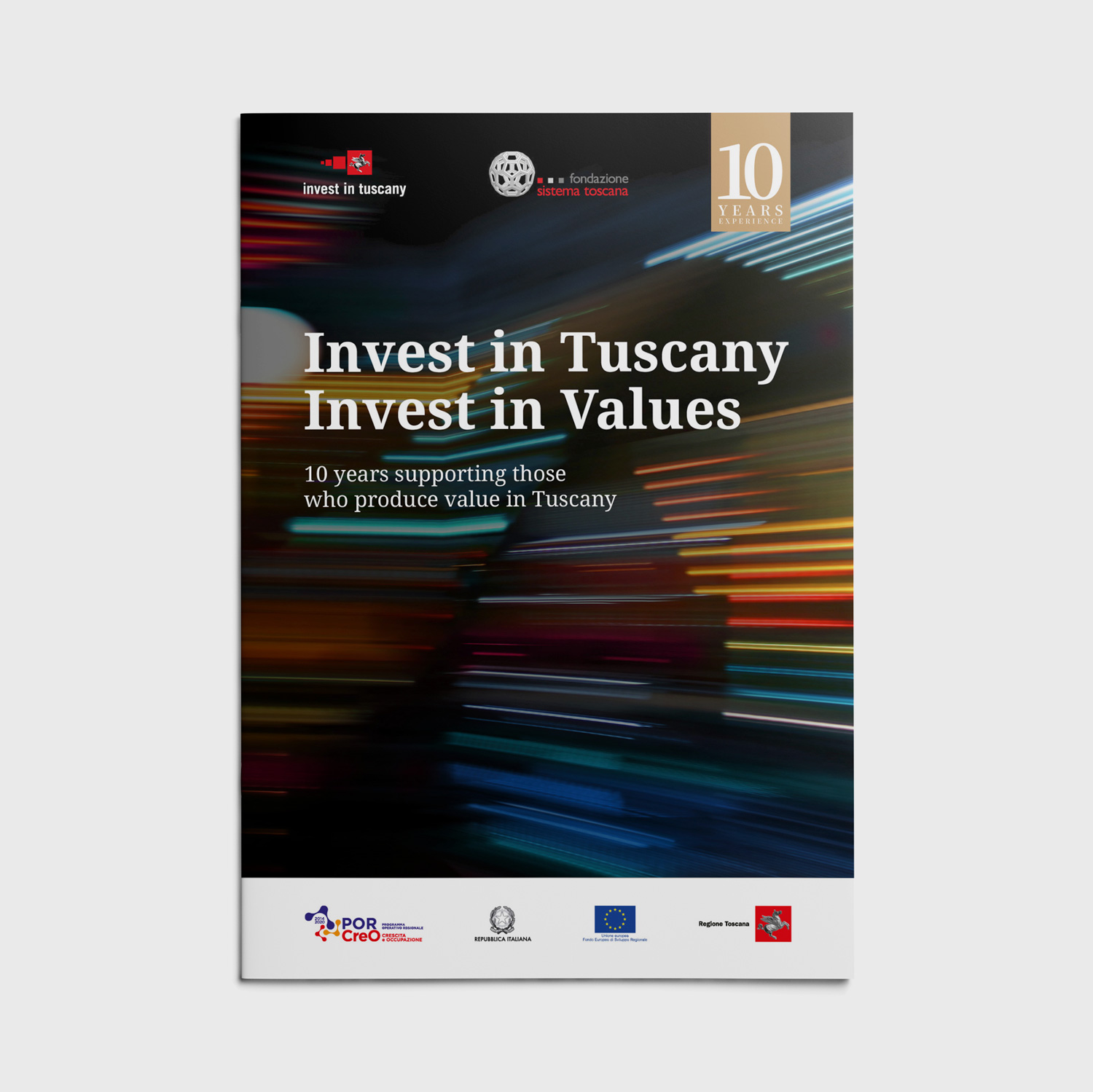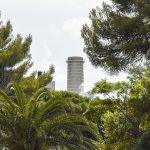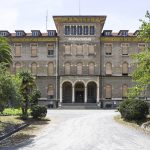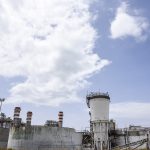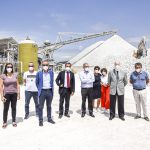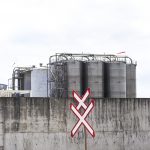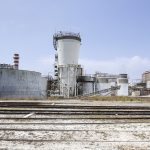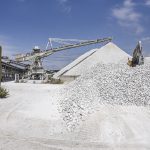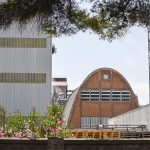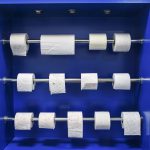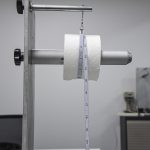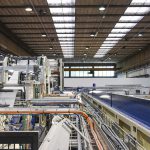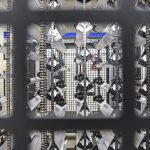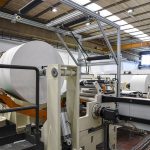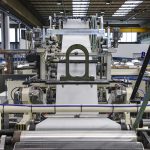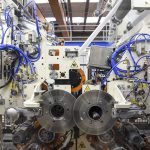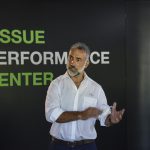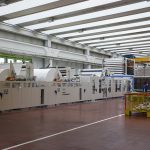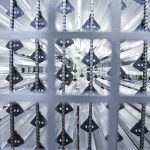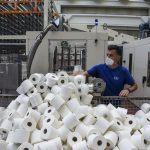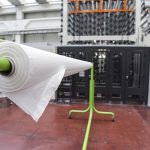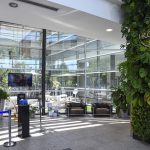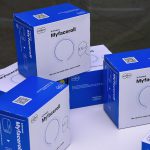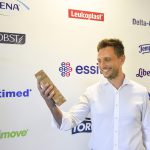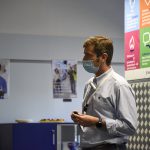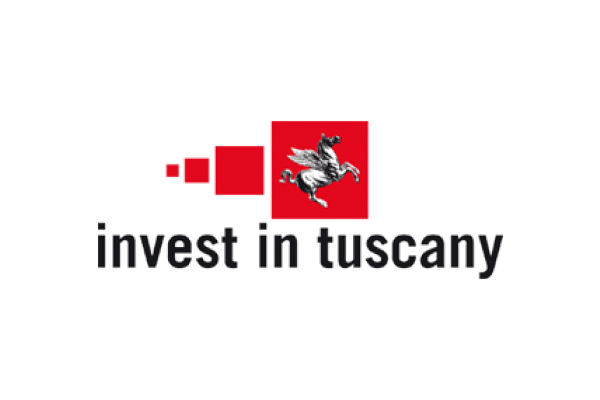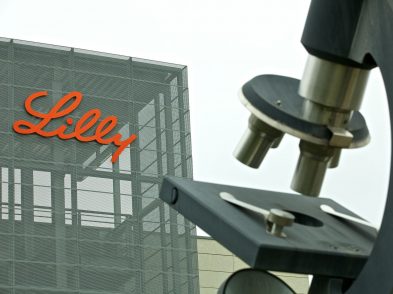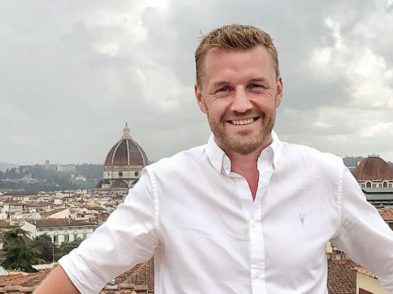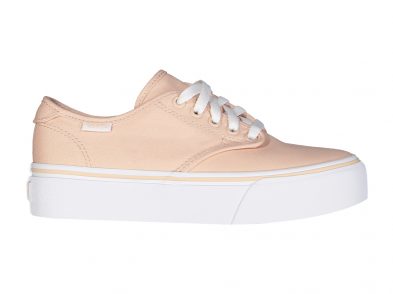Tuscany isn’t a region to rest on its laurels when it comes to sustainability in business. The Florentine visits three multinational investors with sites in Tuscany that are striving for a greener future.
- Solvay. Ph. @marcobadiani
- Solvay. Ph. @marcobadiani
- Solvay. Ph. @marcobadiani
- Solvay. Ph. @marcobadiani
- Solvay. Ph. @marcobadiani
- Solvay. Ph. @marcobadiani
- Solvay. Ph. @marcobadiani
- Solvay. Ph. @marcobadiani
- Korber Tissue. Ph. @marcobadiani
- Korber Tissue. Ph. @marcobadiani
- Korber Tissue. Ph. @marcobadiani
- Korber Tissue. Ph. @marcobadiani
- Korber Tissue. Ph. @marcobadiani
- Korber Tissue. Ph. @marcobadiani
- Korber Tissue. Ph. @marcobadiani
- Korber Tissue. Ph. @marcobadiani
- Korber Tissue. Ph. @marcobadiani
- Korber Tissue. Ph. @marcobadiani
- Korber Tissue. Ph. @marcobadiani
- Korber Tissue. Ph. @marcobadiani
- Korber Tissue. Ph. @marcobadiani
- Korber Tissue. Ph. @marcobadiani
- Essity. Ph. @marcobadiani
- Essity. Ph. @marcobadiani
- Essity. Ph. @marcobadiani
- Essity. Ph. @marcobadiani
Tuscany’s “Tissue Valley”
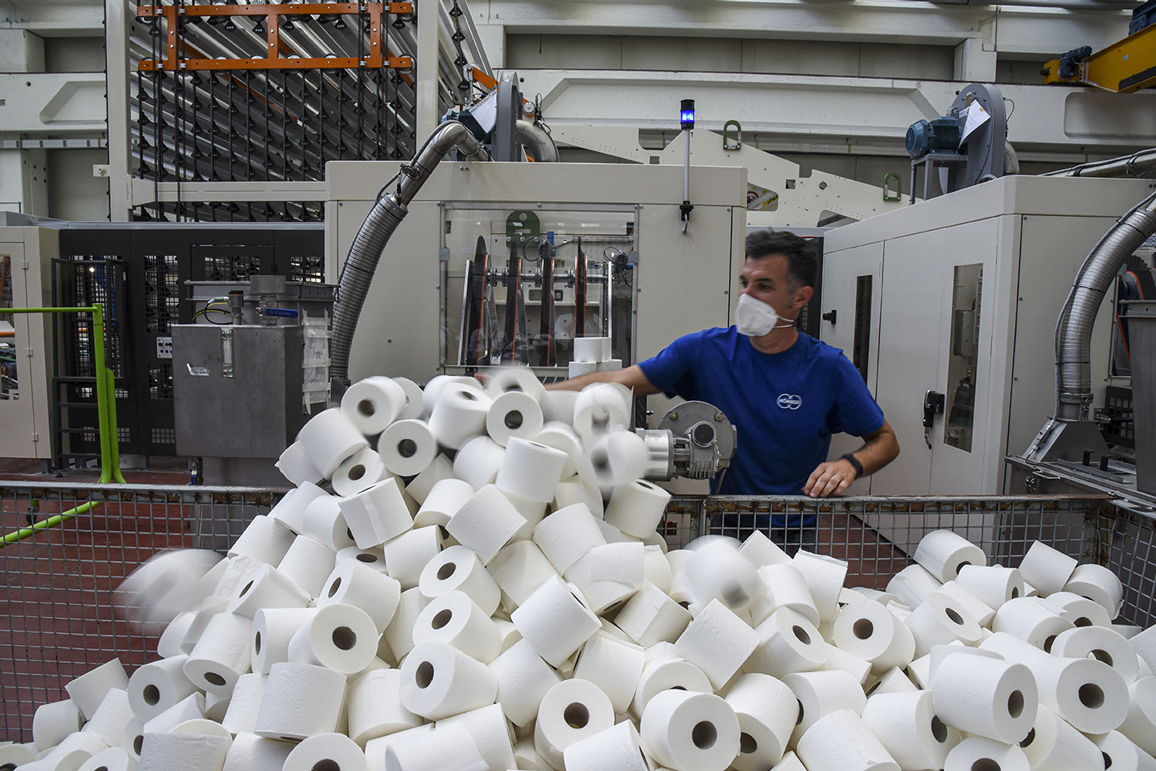
Korber Tissue. Ph. @marcobadiani
Toilet rolls are shooting out of the prototype production line at Körber Tissue, a sprawling complex that was established in Tuscany’s “Tissue Valley” between Pistoia and Lucca in 1966. Brazilian CEO Oswaldo Cruz Junior warmly welcomes us to the modern site employing upwards of 600 people, explaining how Körber Tissue “began life in Tuscany because all of the world’s biggest paper companies are here. Twenty per cent of the paper used globally is made in Italy. It’s the best setting to attract investment and develop innovative products.” That innovation has accelerated in recent months by adjusting toilet roll-making technology to produce low-cost, single-use and biodegradable bamboo masks. “The idea is that you pop a box outside every shop. For us, it’s been a success, a way of helping the local community.” The innovation can be seen in the maniacal power and precision of the ConstellationTM patented conversion line, which rolls, quilts, embosses and cuts toilet rolls like there’s no tomorrow. Its impressive speed means that Körber has sold 130 of these highly expensive machines in 6 years. The ingenuity is pulsating as head over to the Tissue Performance Center, a real-time global monitoring hub where company technicians can pre-empt issues and avoid operational downtime. “We help our 70-plus clients around the world to improve their productivity,” the CEO explains as we try on a pair of smart glasses, the new frontier of aftercare, which allows the control hub to see machinery remotely wherever it is in the world.
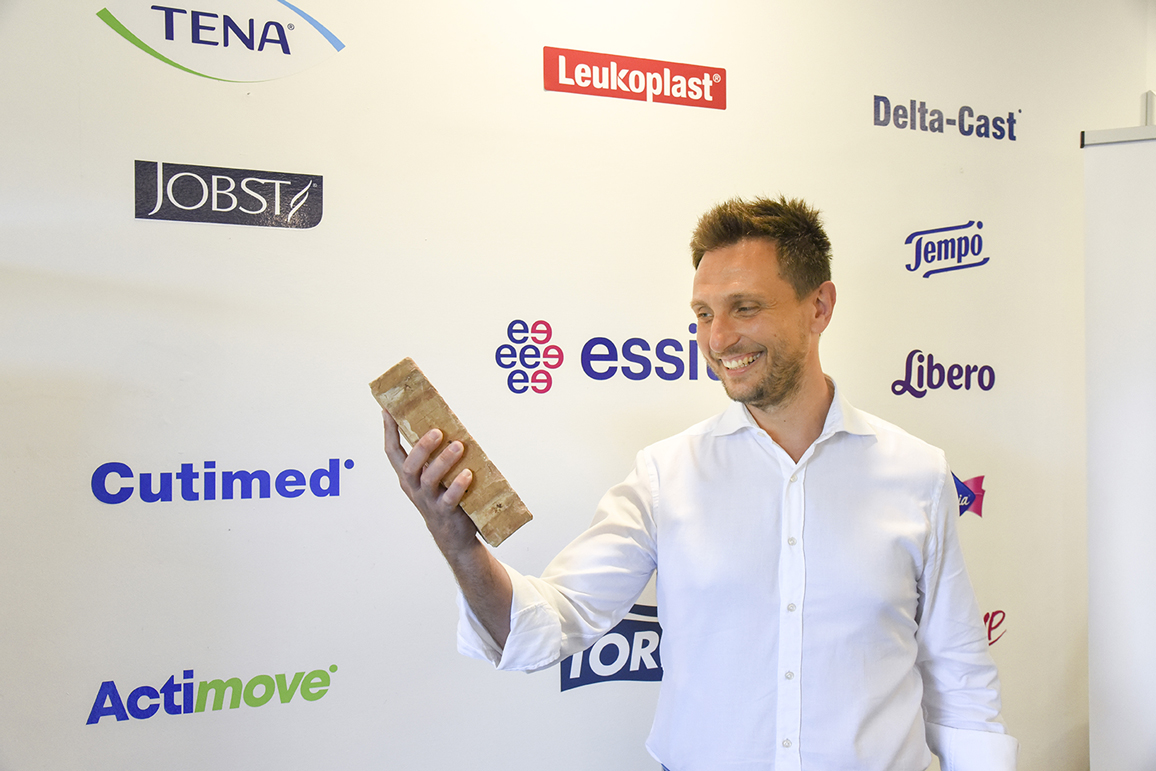
Essity. Ph. @marcobadiani
Country lanes lined with local industry and picturesque villages take us to Essity HQ, in Altopascio, near Lucca. The Swedish-owned multinational is a global hygiene and health company that produces household brands like TENA, Tork and Tempo. Manufacturing tissue and personal hygiene products since 1983 and based in Tuscany since 2002, Essity is now firmly focused on sustainability across its four production plants in the region. In the last two years, the company has invested 47 million euro to establish a new European centre of excellence for the production of napkins. “The Region’s support has been key to making such an ambitious plan happen in such a short period of time,” comments Ivan Ferrini, operations director Italy Global Manufacturing for Essity. “Our Swedish origins have always put sustainability at the basis of doing business, both in terms of the environment and the community.” Again it’s the innovation that’s impressive as the Essity team tell us about Crush, a paper product made in partnership with global leader Favini that replaces up to 15% cellulose with upcycled Sicilian orange peel. It’s seasonal with dried orange powder arriving at Essity in late January/early February. Experimentation with hazelnuts and coffee has also been conducted, but both resulted in impurities and dots on the paper. “The citrus peel is processed to the point that it becomes similar to cellulose, which is ideal for the production of paper.” It’s 10 per cent more expensive than virgin pulp, but that’s nothing when you consider that the environment is making a saving in landfill. Essity is making more sustainable progress through a partnership with Pisan firm T2D to produce bricks from residual cellulose sludge.
Solvay: soda ash and oxygenated water
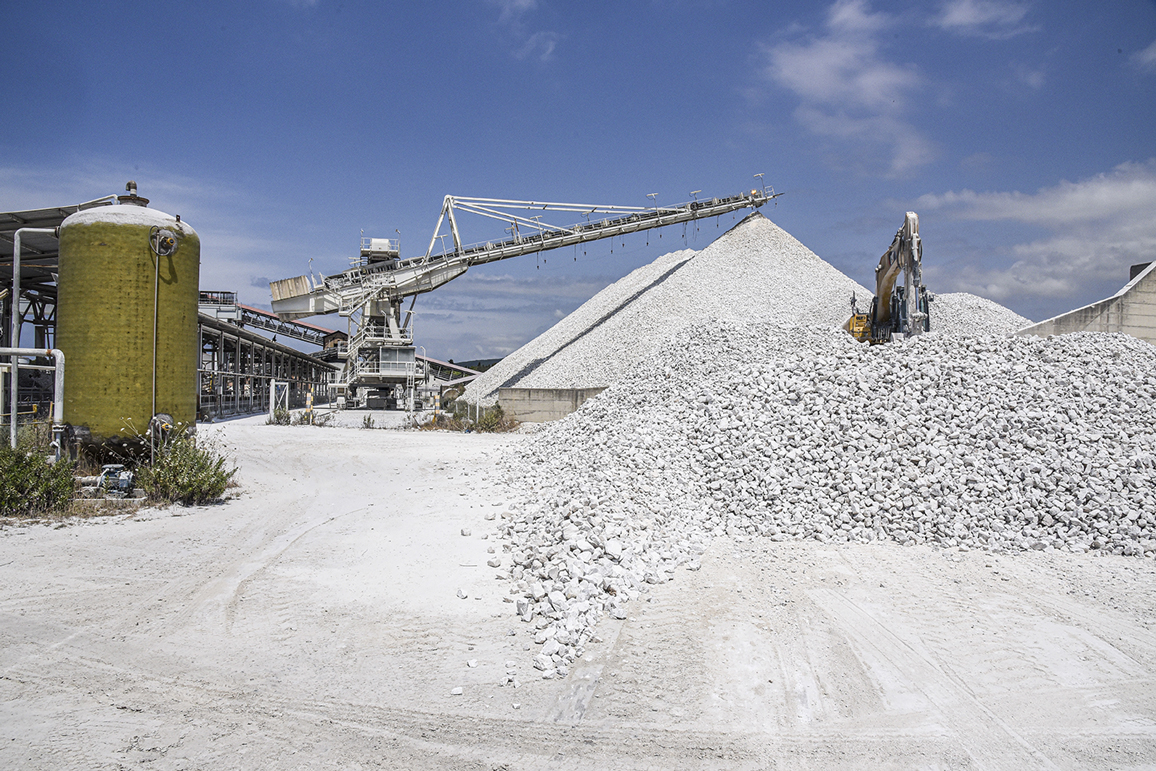
Solvay. Ph. @marcobadiani
Our tour of Tuscany’s sustainably minded businesses continues along the coast. Headquartered in Rosignano, Solvay has been the world’s biggest sodium bicarbonate producer since 1912. But there’s far more to the vast complex by the Tyrrhenian Sea than the multipurpose powder found in homes all over the world. The narrow red-brick entrance and arched palazzos draped in bougainvillea give the feeling of entering a township, which is quickly replaced by the verticality of chimneys and a never-ending web of pipes. “The relationship with Invest in Tuscany has been very proactive and has allowed us to solve certain strategic issues…Environmental, economic and social sustainability is the greatest challenge in the next ten years,” Raffaele Calabrese De Feo, government affairs director of Solvay Italia, welcomes us to the storied site, which is actively pursuing a circular economy approach: retrieving salts to neutralize acidic fumes and improve air quality, optimizing water usage and the development of a new steam cogeneration system. In addition to producing soda ash and oxygenated water, the Rosignano site contains the group’s only calcium chloride plant, which is used in the food industry and on roads to prevent ice from forming, and a peracetic plant to treat water for domestic use. Furthermore, the Rosignano plant has perfected a process that enables Co2 emissions to be reused, captured and filtered before being returned to the production cycle. Founded in Belgium in 1863, the Solvay Group in Tuscany now boasts a workforce of over 460 people with a turnover of 350 million euro and local investments in the range of 90 million euro aimed at reducing the environmental impact. Founder Ernest Solvay famously said, “There are no limits to what science can explore,” and that ethos remains intact today in Rosignano among the blindingly white landscape of sodium bicarbonate.
Invest in Tuscany is celebrating ten years of attracting foreign investment with an e-book featuring 16 multinationals that have chosen Tuscany to further their business operations. Invest in Tuscany, Invest in Values is available as a free download in English or Italian.
